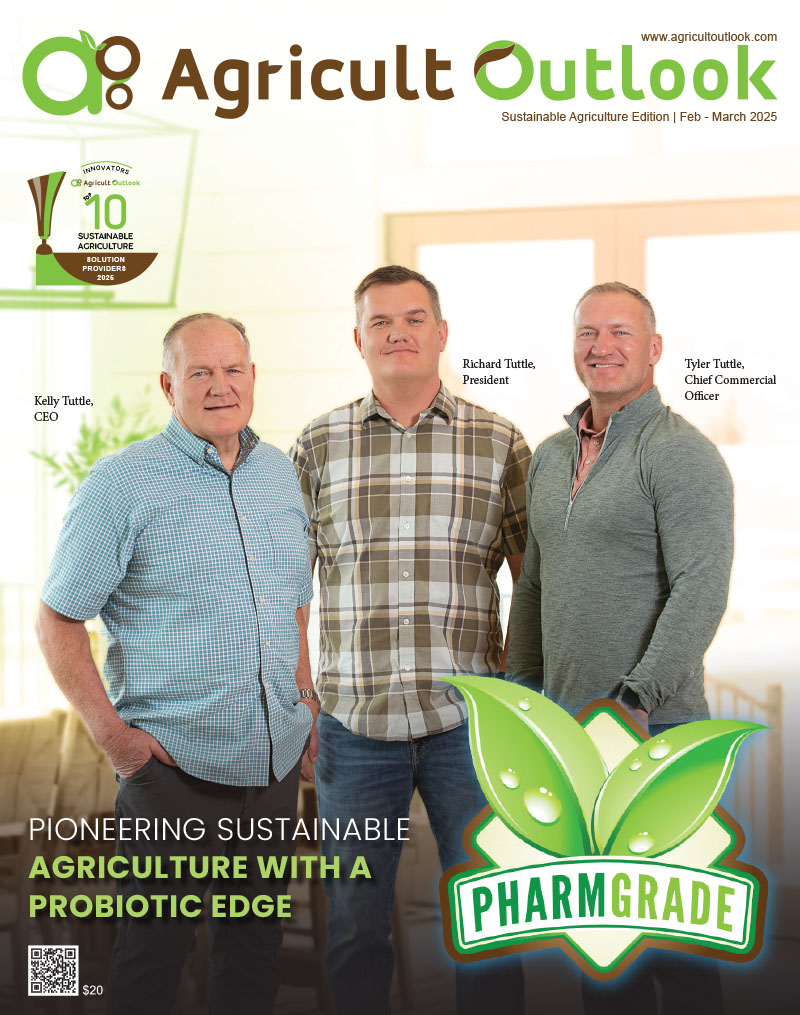Deloitte has officially announced an expansion of its partnership with dsm-firmenich, a leader in nutrition, health, and beauty, to cultivate a more sustainable food system. According to certain reports, the development arrives on the scene as a part of Deloitte’s latest effort to explore, develop, and scale new climate and nature-positive solutions, an effort where it works directly with businesses to help implement future-proof strategies and promote transparency across the food ecosystem. As for what dsm-firmenich an ideal partner here, the answer resides in its innovative Software as a Service platform called Sustell. In case you weren’t aware, Sustell comes bearing an ability to harness data directly from the feed and farm sectors within an organization’s value chain. Once it has the data, the solution then leverages it to calculate the environmental impact of producing animal protein at scale. You see, producing sustainable eggs, meat, milk and seafood requires accurate assessment of environmental impact based on this primary data from the field, which also serves as a baseline from where improvements can be measured. Hence, with Sustell, dsm-firmenich is able to help organizations identify impact hotspots and incorporate intervention modeling across various scenarios, all geared towards the eventual goal of reducing their farm animal-related environmental footprint.
“Sustell™’s approach makes precise, tailored environmental accountability the new normal across the animal farming industry,” said Dr. David Nickell, Vice President of Sustainability & Business Solutions at dsm-firmenich, Animal Nutrition & Health. “It is the standard that can help open the door to commercial opportunities by driving customer demand, enabling grants and preferential development finance, opening new income streams through carbon credits and data royalties, and lowering environmental impact.”
Now, when you put such a platform alongside Deloitte’s global reach, you can expect an unprecedented level of scale in regards to improving vital economic information flow from processors and consumer-packaged goods providers to feed producers, farmers, and integrators. Furthermore, Deloitte will also do a lot to unlock growth opportunities for businesses deploying the capabilities of Sustell™, and it will do so by advising them on how to operate the platform, apply insights to their operations, and prepare environmental, social and governance reporting. All in all, this collaboration between Deloitte and dsm-firmenich should bring every single ecosystem player into one place for the purpose of conceiving and protecting value, as well as for collectively achieving meaningful sustainability improvements.
“Our expanded relationship with Sustell™ is one of many cross-industry collaborations that can help transform our food system. From regenerative agriculture and executive education programs with universities around the globe, to working with non-government organizations to find the optimal balance between protein and plant-based consumption, to leveraging technology to create more resilient supply chains and working toward zero waste, Deloitte is committed to supporting and accelerating the food systems transformation,” said Randy Jagt, leader of Global Future of Food at Deloitte.
To understand the significance of such a partnership, we must take into account how animal farming alone is responsible for nearly 14.5% of all human-derived greenhouse gas emissions, and the agriculture sector is the largest contributor to global methane emissions.
“Our critical, on-the-ground insights on animal feed and farming, coupled with Deloitte’s global leadership and cross-sector knowledge, will help unlock the missing ingredients needed to create a greener food ecosystem for everybody,” said Nickell.







